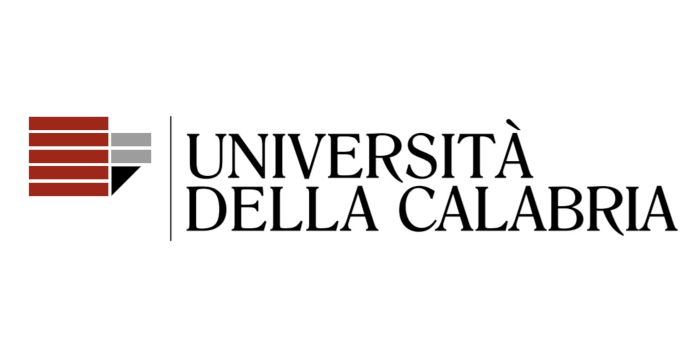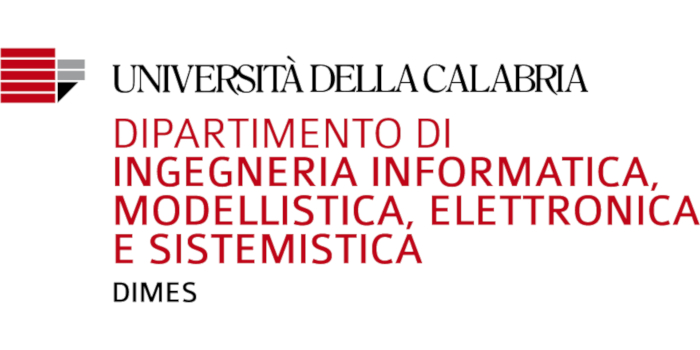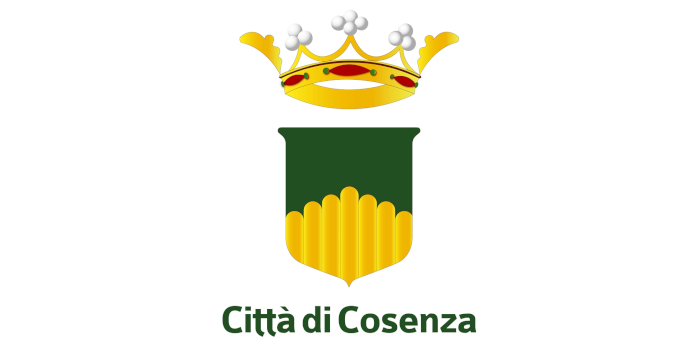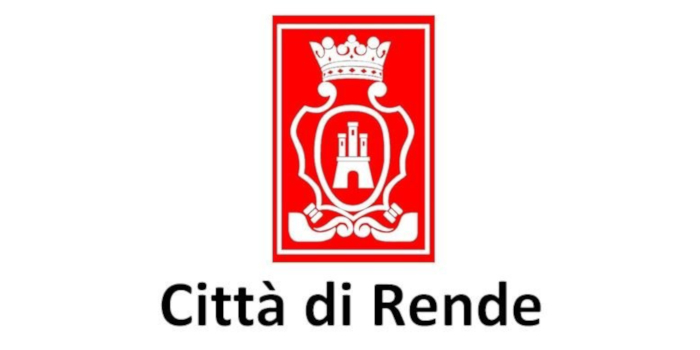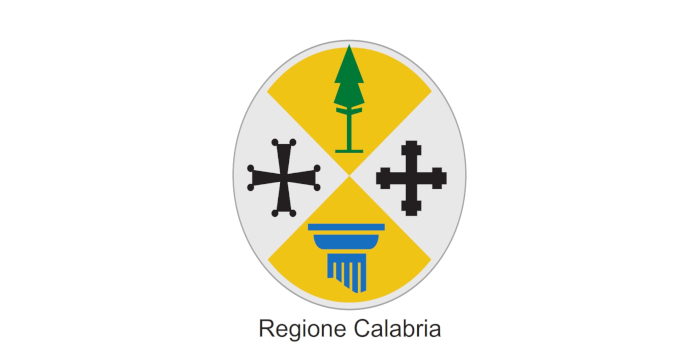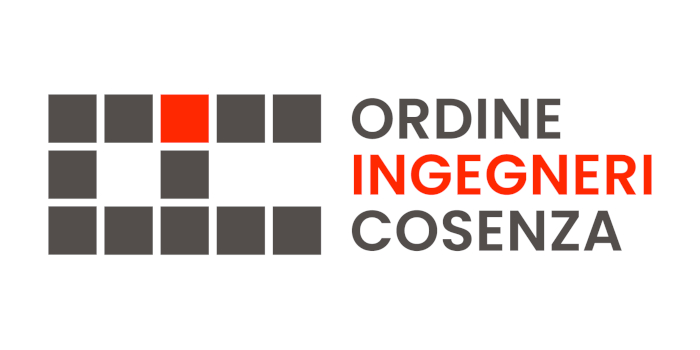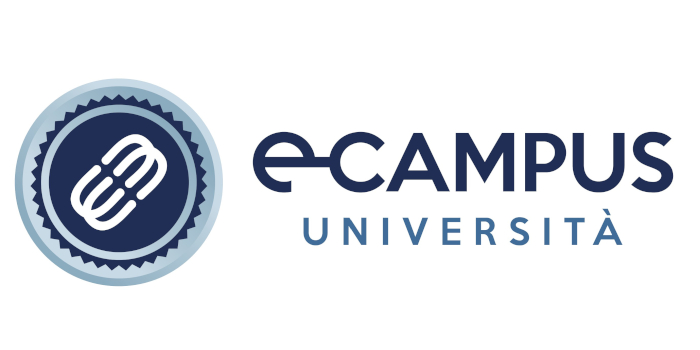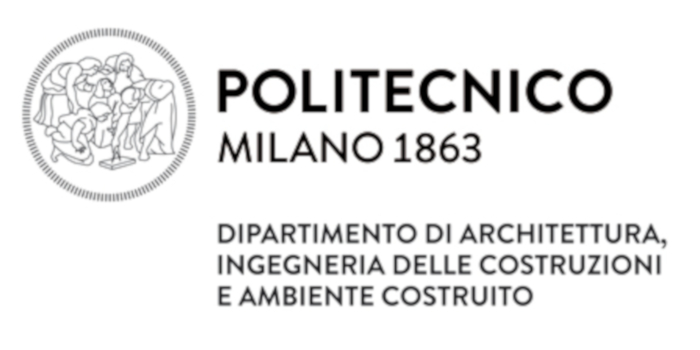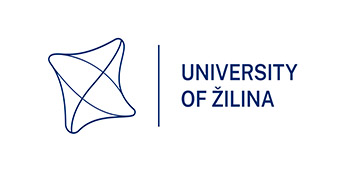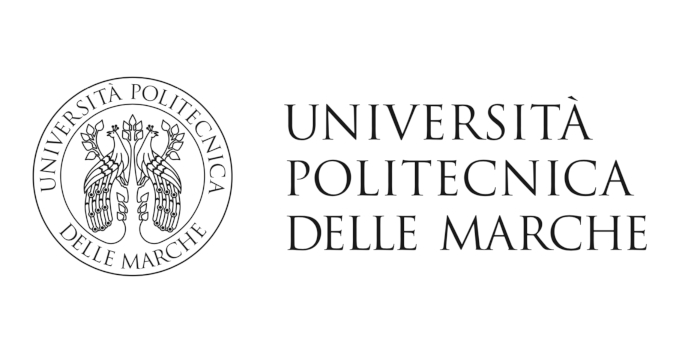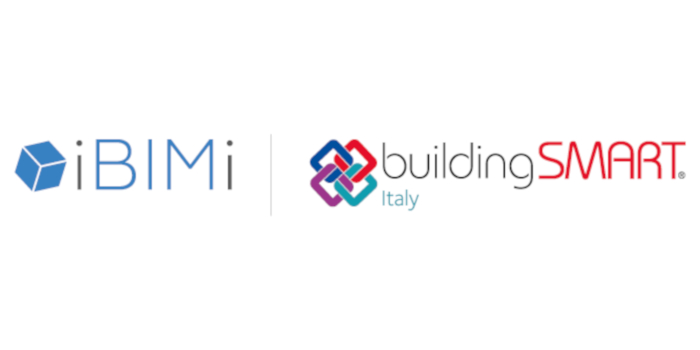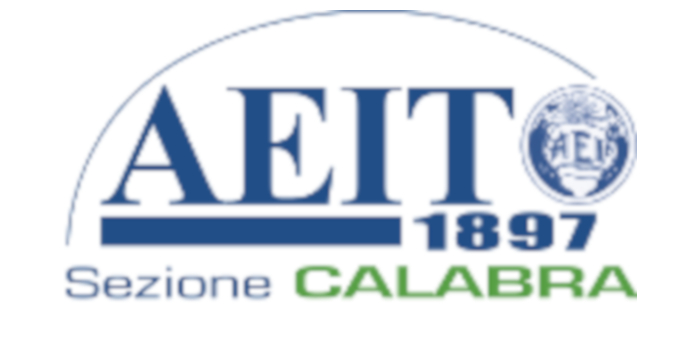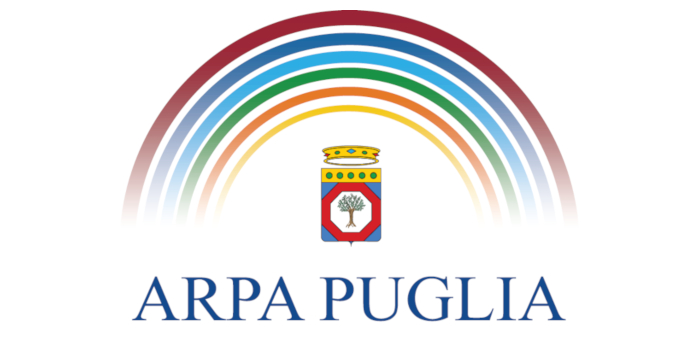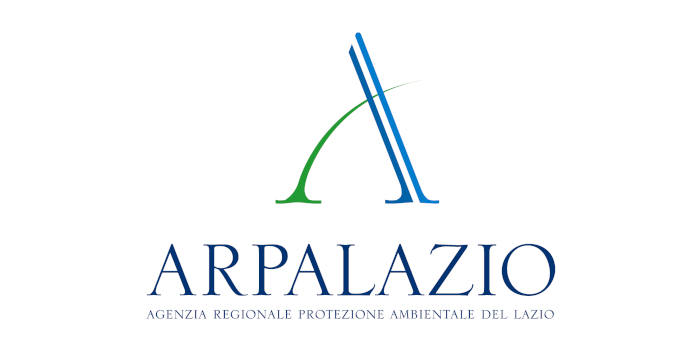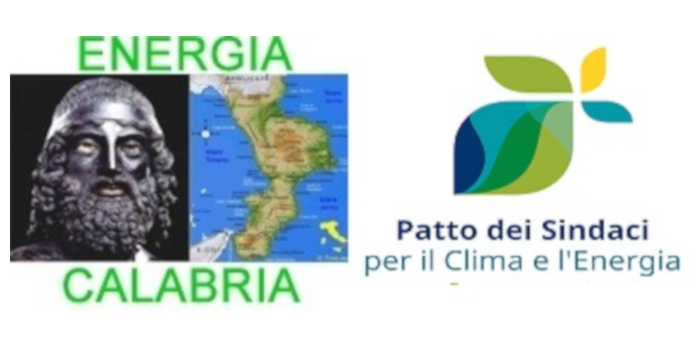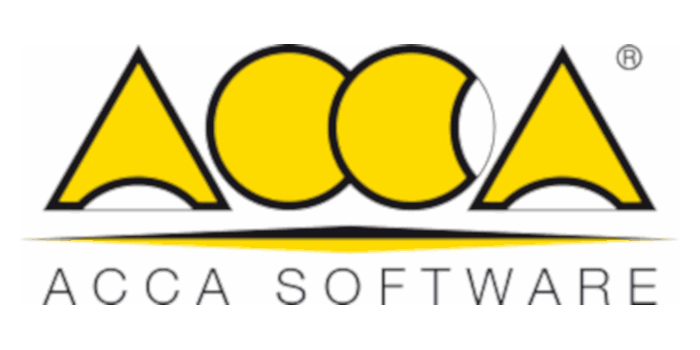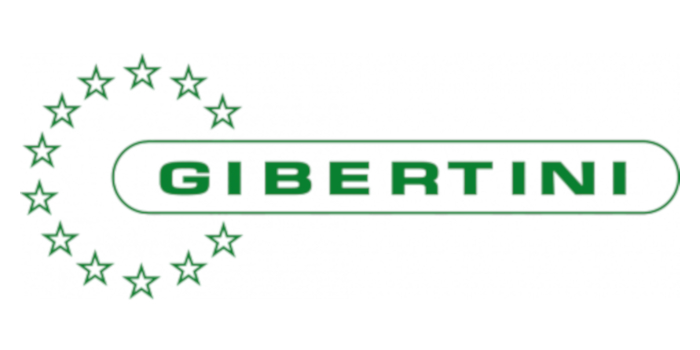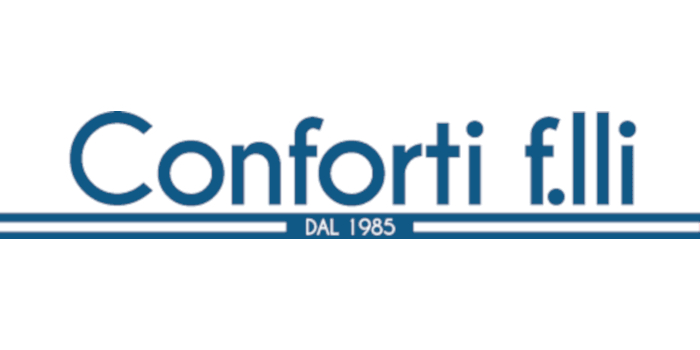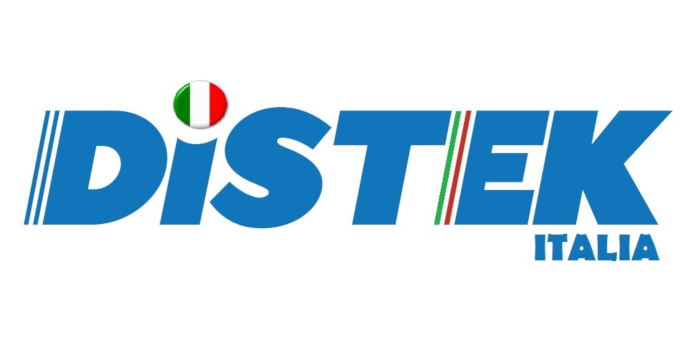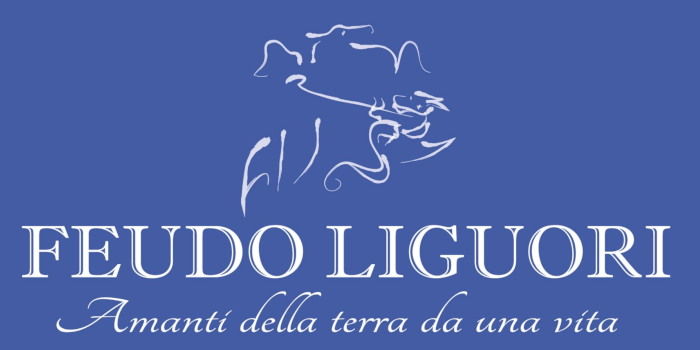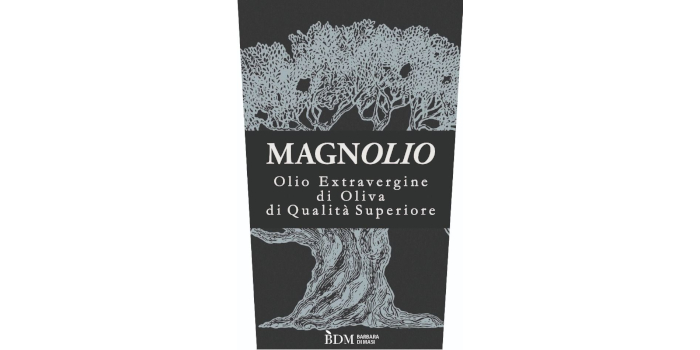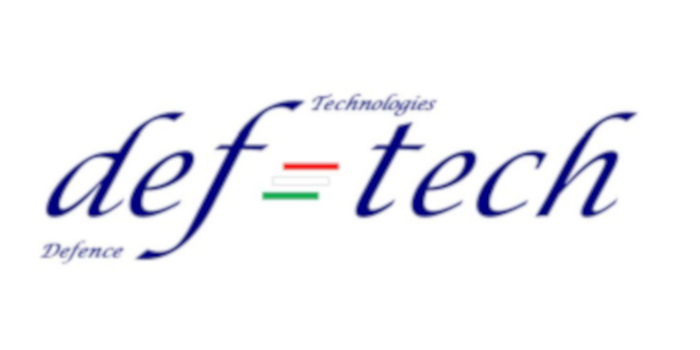Active and Assisted Living Environments
ORGANIZED BY
Jérôme Boudy
Institut Polytechnique de Paris
Christophe Lohr
IMT Atlantique
Dan Istrate
Université de Technology of Compiègne
Sara Casaccia
Università Politecnica delle Marche
Gian Marco Revel
Università Politecnica delle Marche
ABSTRACT
Living environments must be the place that help aging people to be independent, active and healthy. For this reason, living environments need to be age-friendly to guarantee an healthy life-style to all citizens, social interactions and capacity to participate to community life. In this context, Active and Assisted Living (AAL) technologies have a huge impact in providing age-friendly environments that support independent living and improve life-quality of aging people. This special session is focused on technologies, methodologies and future perspective of AAL environments with a strong focus on new sensors and applications, including robotics, wearables, m-health systems, Artificial Intelligence, etc. Contributes that describe the development of AAL systems including metrology aspects, e.g. measurement uncertainty, sensors’ accuracy, etc., are well appreciated in order to provide examples of systems that implement different functionalities, with different target users, and in different possible environments.
ABOUT THE ORGANIZERS
Jérôme Boudy,is professor in Signal processing for the Electronic & Physics Department at Institut Polytechnique de Paris, responsible of Intermedia team: he has led the RNTS-TelePat project on remote Healthcare vigilance (2003-06) and participated actively on ANR-Tandem and IST-FP7 CompanionAble projects. His research area is on medical, actimetric signal processing and data fusion process for health distress detection. He has co-directed eleven PhDs and is currently directing five ones on Speech Processing, Biomedical, Health distress detection processing, ADL signal time series classification with actimetric PIR sensors and on a speech-driven dialogue system for Elderly. He has published more than 90 communications. He was also co-animator of the Digital Health network at IMT (2011-15) and is currently member of the scientific council of AVIESAN (Alliance des Sciences de la Vie et de la Santé) till end year 2021.
Christophe Lohr, is associate professor in the Computer Sciences Dpt. of IMT Atlantique and member of the RAMBO team of the Lab-STICC laboratory. His research activities focus on ambient systems, smart home, distributed systems, real-time systems, IP networks. This work is applied to assistive technologies technologies for the well-being of frail, elderly or people with disabilities.
Dan Istrate, is professor in Biomedical signal processing at Université de Technology of Compiègne, responsible of eBioMed (Biomedical connected objects) chair in Biomecanics and Bioengineering (BMBI UMR 7338) CNRS laboratory. His research area is biomedical signal processing and AI for eHealth applications. The applications domain is Ehealth with a focus physiological signal processing and on home remote monitoring for elderly people.
Sara Casaccia, is an Assistant Professor at the Department of Industrial Engineering and Mathematical Sciences (DIISM) of Università Politecnica delle Marche (UNIVPM). Her research focuses on sensors and measurement techniques for supporting people in life environments (e.g. comfort, wellbeing), data processing to extract complex information (e.g. using AI), sensors for health, buildings and industrial applications.
Gian Marco Revel, is Full Professor in Mechanical and Thermal Measurement at Università Politecnica delle Marche, where he is Rector Delegate for European Research. He received the Ph.D. degree in mechanical measurements from Università degli Studi di Padova in 1998. His research focuses on sensors and measurement technologies for buildings, health and industrial applications, with a particular focus on comfort and human behaviour and diagnostics.


